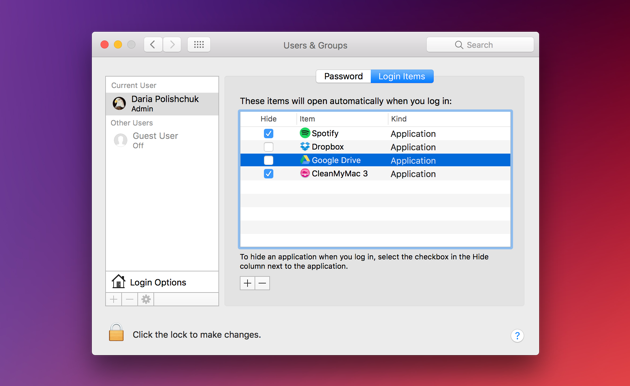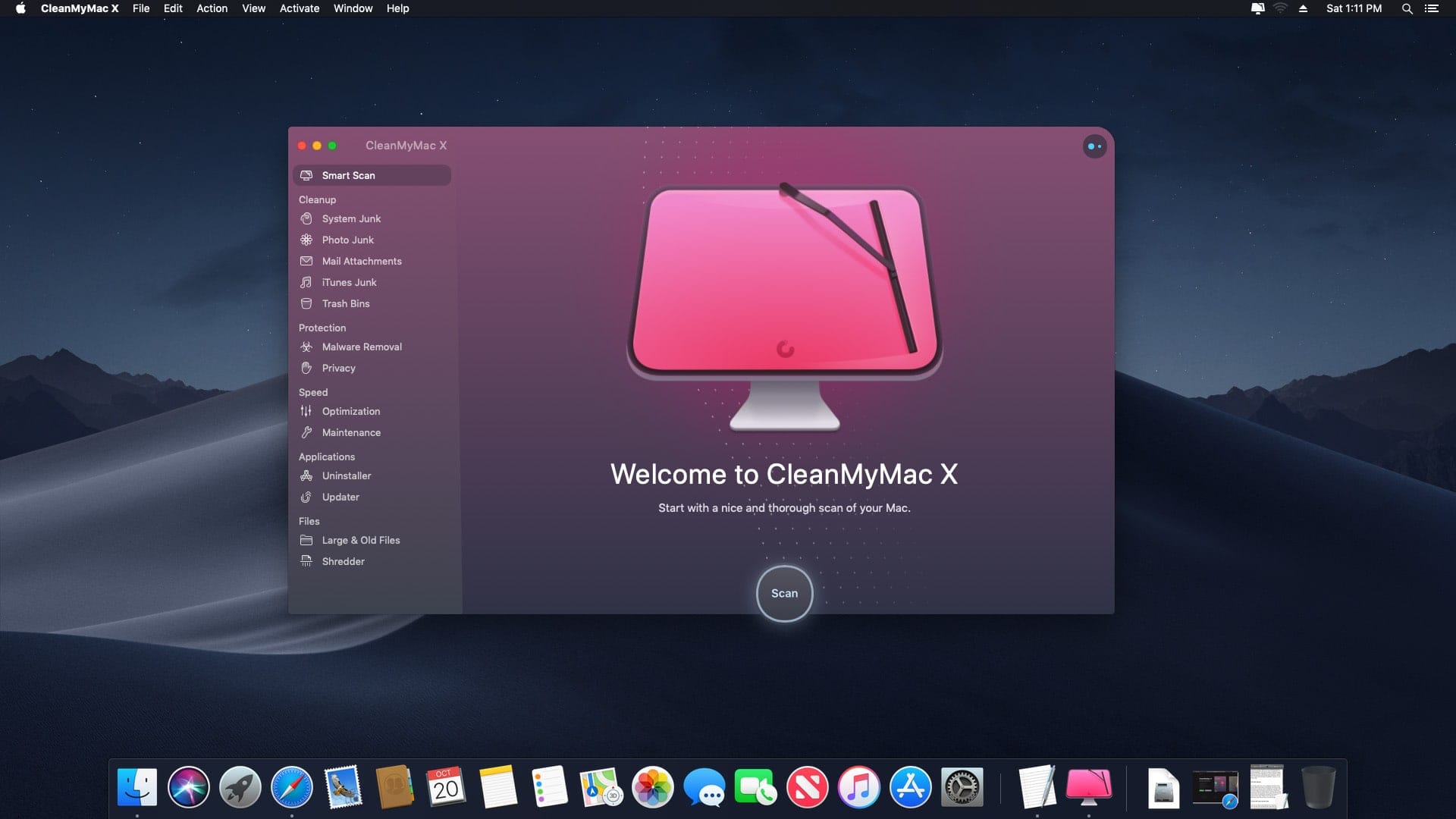

- #Remove mac ads cleaner from imac pro
- #Remove mac ads cleaner from imac code
- #Remove mac ads cleaner from imac Pc
Google Voice controversy Īpple has been criticized over attempting to prevent iPhone users from using the Google Voice application by disabling it on the iPhone.
#Remove mac ads cleaner from imac Pc
PC World commented that it appeared that "the Commission's main target is not Apple but the music companies and music rights agencies, which work on a national basis and give Apple very little choice but to offer national stores". Apple commented that they did not believe they violated EU law, but were restricted by legal limits to the rights granted to them by the music labels and publishers. On December 3, 2004, the British Office of Fair Trading referred to the iTunes Music Store to the European Commission for violation of EU free-trade legislation. iTunes Stores there forced consumers and other music buyers to iTunes-only sites by restricting content purchases to the country from which the customers' payment details originated, which in turn forced users in some countries to pay higher prices.
#Remove mac ads cleaner from imac code
In 2011, Apple made the original ALAC source code available under the Apache license.Īpple was caught up in controversy regarding the online sales of music in the European Union where, as a single market, customers are free to purchase goods and services from any member state. The Apple Lossless (ALAC) codec was reverse-engineered and an independent encoder and decoder was released. As of April 2009, all music on the iTunes Store is DRM-free, however this does not apply to other content. Apple has not licensed its FairPlay DRM, or its formerly proprietary lossless format codec Apple Lossless (ALAC), to any other company, thus preventing content-either purchased from the iTunes store, or Apple Lossless encoded in the iTunes computer application or bought from non-iTunes sources-from being used on other manufacturers' devices.
#Remove mac ads cleaner from imac pro
iFixit, an electronics do-it-yourself website, named the 2012 Retina MacBook Pro "the least repairable notebook on the market." Īpple has similarly faced controversy for the closed ecosystem surrounding its music store, iTunes Because of this, Steve Jobs was ordered to attend a court hearing regarding antitrust violations specifically with iPods and iTunes. Many criticized these practices as a way for Apple to keep consumers out of the hardware they purchased, as well as eliminating self-repair from the consumer. After its release, many criticized the new MacBook Pro design for introducing trade-offs such as RAM soldered to the motherboard, the battery being glued to the aluminum uni-body chassis, the LED screen being fused to the front glass, and the use of a proprietary PCI-E solid-state drive as opposed to a SATA interface. In mid-2012, Apple introduced the Retina display MacBook Pro with a slimmer and lighter design.




 0 kommentar(er)
0 kommentar(er)
